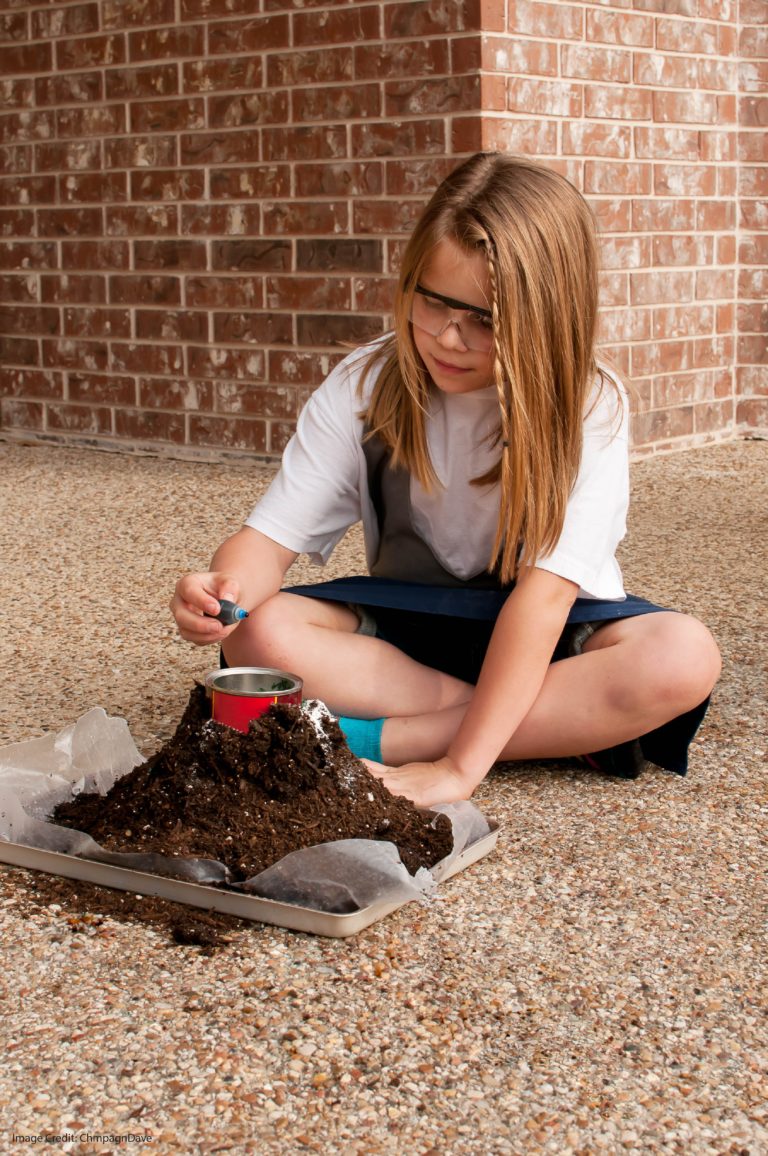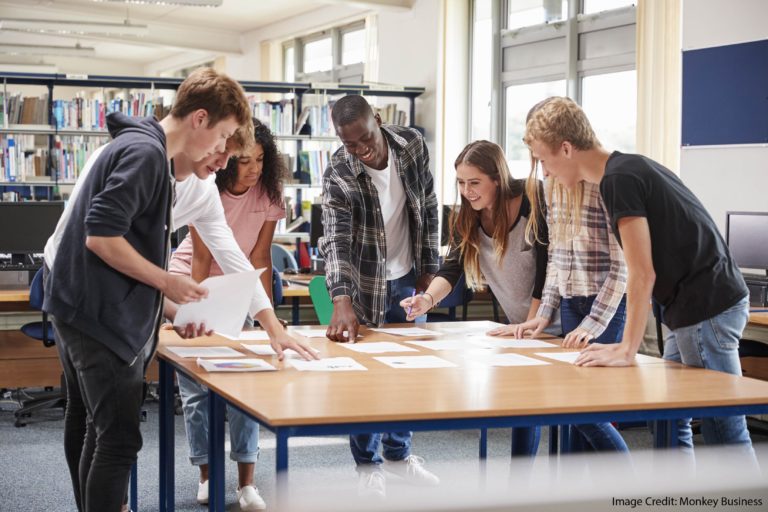Tags
ADHD adolescence attention autism book review book reviews boundary conditions classroom advice conference speakers constructivism/direct instruction creativity desirable difficulty development dual coding elementary school embodied cognition emotion evolution exercise experts and novices gender high school homework intelligence long-term memory math methodology middle school mindfulness Mindset motivation neuromyths neuroscience online learning parents psychology reading retrieval practice self-control skepticism sleep STEM stress technology working memoryRecent Comments
- Book Club Materials for Just Tell Them – Education Rickshaw - Metro Health News on Just Tell Them: The Power of Explanations and Explicit Teaching...
- How to Present at a Conference... |Education & Teacher Conferences on Enjoyment or Skill? The Case of Reading
- How to Present at a Conference... |Education & Teacher Conferences on Do *Goals* Motivate Students? How about *Feedback*?
- Roberta on Seriously: What Motivates Teachers to Be Funny?
- Revisiting the "Handwriting vs. Laptops" Debate: More Moving Goalposts |Education & Teacher Conferences on Handwritten Notes or Laptop Notes: A Skeptic Converted?
ABOUT THE BLOG
Tag Archives: classroom advice

How to Stop Cheating: An Awkward Debate
Despite promising early research, current findings suggest that “moral reminders” don’t prevent cheating. Alas: the “replication crisis” continues… Continue reading

Using and Misusing Averages: The Benefits of Music?
The “10 Minute Rule” tells us that people can’t pay attention to something for longer…

Does Hands-On Learning Benefit Science Students?
In a recent study, hands-on learning and other inquiry strategies did not help 4th graders master science concepts. The reason? Working memory limitations. Continue reading
Research on Note-Taking: A Teachable Skill
Over at the Cult of Pedagogy, Jennifer Gonzalez has a FANTASTIC post summarizing lots of…

What’s the Best Timing for Collaborative Learning?
Learning can be a lonely business. Does collaborative learning help students? If yes, what guidelines…

Improve Your Syllabus & Lesson Plan With “Prior Knowledge”
By explicitly including prior knowledge in our lesson plans, we can help students learn new material more effective. And, this effect might explain the syllabus-level benefits of spreading practice out over time: the “spacing effect.” Continue reading

Don’t Just Do This Thing; Think This Way
Do hard-to-read fonts improve learning? The answer is: that’s the wrong question. Instead, we should ask: how can we set the right level of difficulty as students learn material? And: are hard-to-read fonts a useful tool in getting to that level. Only the classroom teacher can answer those questions. Continue reading

Just Not a Useful Debate: Learning Styles Theory [Updated]
At one of the first Learning and the Brain conferences I attended, a speaker briefly…
Putting Research to Work in the Classroom: Success?
Some study habits have been shown to work in psychology labs. Do they work in college classrooms? A recent study shows that “retrieval practice” clearly helps students learn. The findings on “the spacing effect” are harder to interpret… Continue reading
Posted in L&B Blog
Tagged classroom advice, desirable difficulty, retrieval practice
Leave a comment

The Best Way to Take Notes: More Feisty Debate
When teachers contemplate asking students to take longhand notes, we should think about the level of desirable difficulty this strategy creates. We should also beware the working memory challenges inherent in note-taking, especially on complex material. Continue reading
